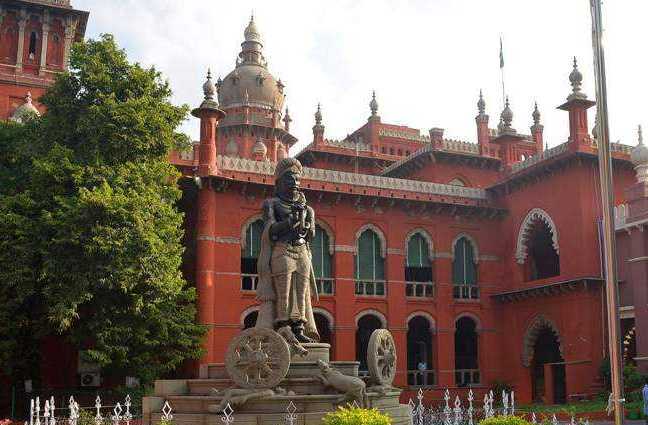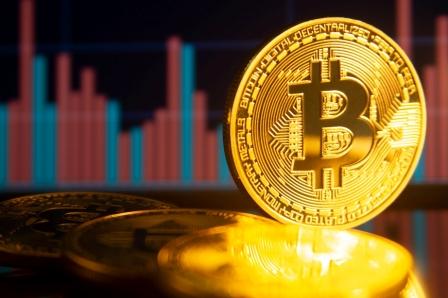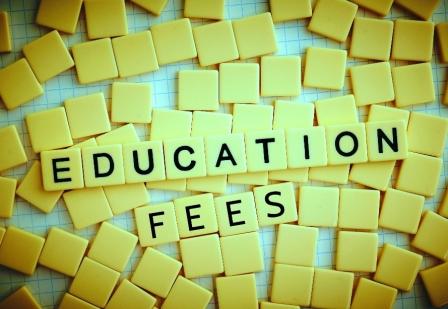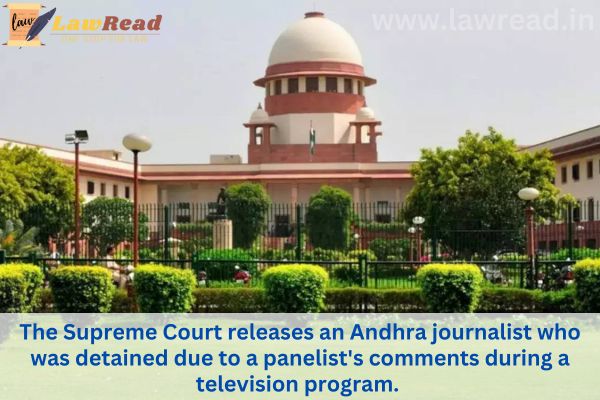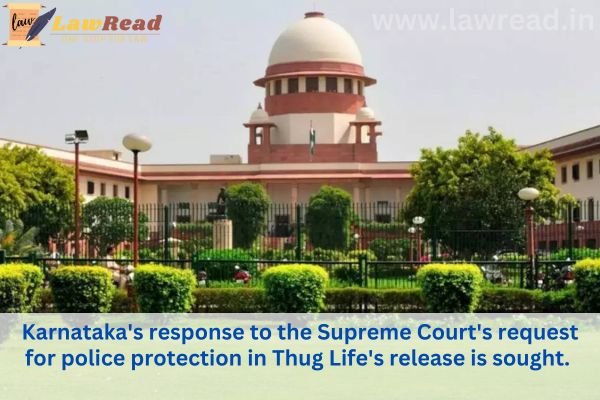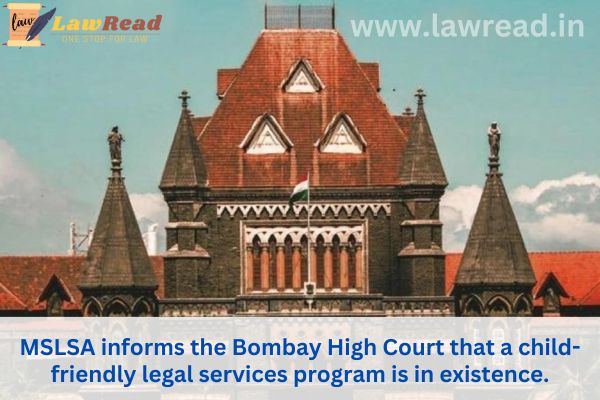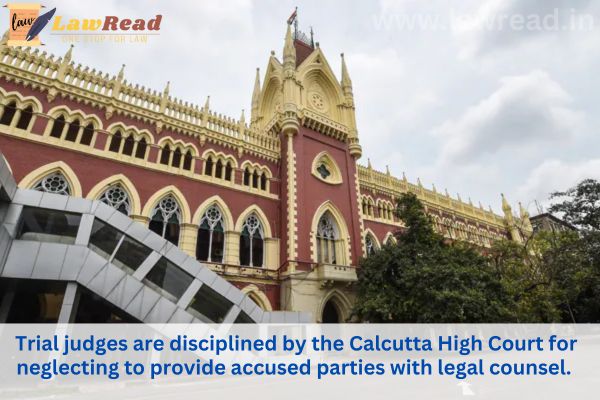News
'Lakshman Rekha' must be drawn by the press to prevent media trials: Kerala High Court
The Kerala High Court decided that although the media has the right to free speech and expression, they cannot use this right to act as a court.

The Kerala High judicial has ruled that the media cannot determine guilt prior to judicial decisions.
claims that media trials run the risk of damaging people's reputation, privacy, and dignity.
The court advises the media not to comment on ongoing criminal matters.
When covering active investigations or criminal cases, media outlets are prohibited by the Kerala High Court from assuming the role of judicial or investigating authorities.
"A five-judge panel made up of Justices AK Jayasankaran Nambiar, Kauser Edappagath, Mohammed Nias CP, CS Sudha, and Syam Kumar VK stated that although freedom of speech and expression under Article 19(1)(a) was fundamental, it does not grant the media a 'licence' to pronounce on an accused person's guilt or innocence before legal authorities have reached a verdict."
In the verdict, the bench also noted that unfettered reporting can result in biased viewpoints and public mistrust of court decisions.
The media trial can unjustly sway public opinion and result in "pre-judgment" of suspects, the High Court noted, thus functioning as a "kangaroo court."
The court emphasized that although the media is allowed to publish facts, they should use prudence and refrain from making firm judgments about instances that are still being investigated. Judges cautioned that doing so would violate the accused's rights and jeopardize public confidence in the event that the court's decision deviates from media representations.
"It is desirable that the media realise its responsibility to society and draw the 'Lakshman Rekha' themselves without overstepping into the domain of the judiciary and the investigating agency and ensure that no media trial is undertaken, which causes prejudice to the fair trial and has an adverse impact on the privacy and dignity of the accused and the victim," the court stated.
It added that media trials "exceed the limits of ethical caution and fair comment" by portraying the accused or suspect as guilty or innocent before the court renders a decision.
It claimed that this constituted "a gross violation of the right of the accused, victim, and witnesses to a fair trial" as protected by the Constitution at large.
This decision was made in response to three writ petitions that sought to limit the media's ability to report on ongoing trials and investigations. Following a previous ruling by the High Court, these petitions were referred to a larger bench in 2018 because of worries about "media trials."
In its comprehensive ruling, the court emphasized that the freedom of expression afforded to the media might be subject to legitimate limitations, particularly where it clashes with an individual's Article 21 right to privacy and dignity.

